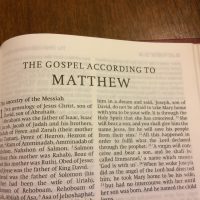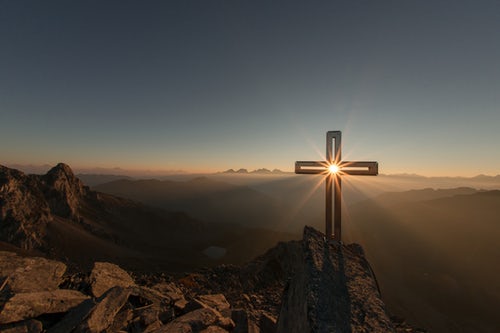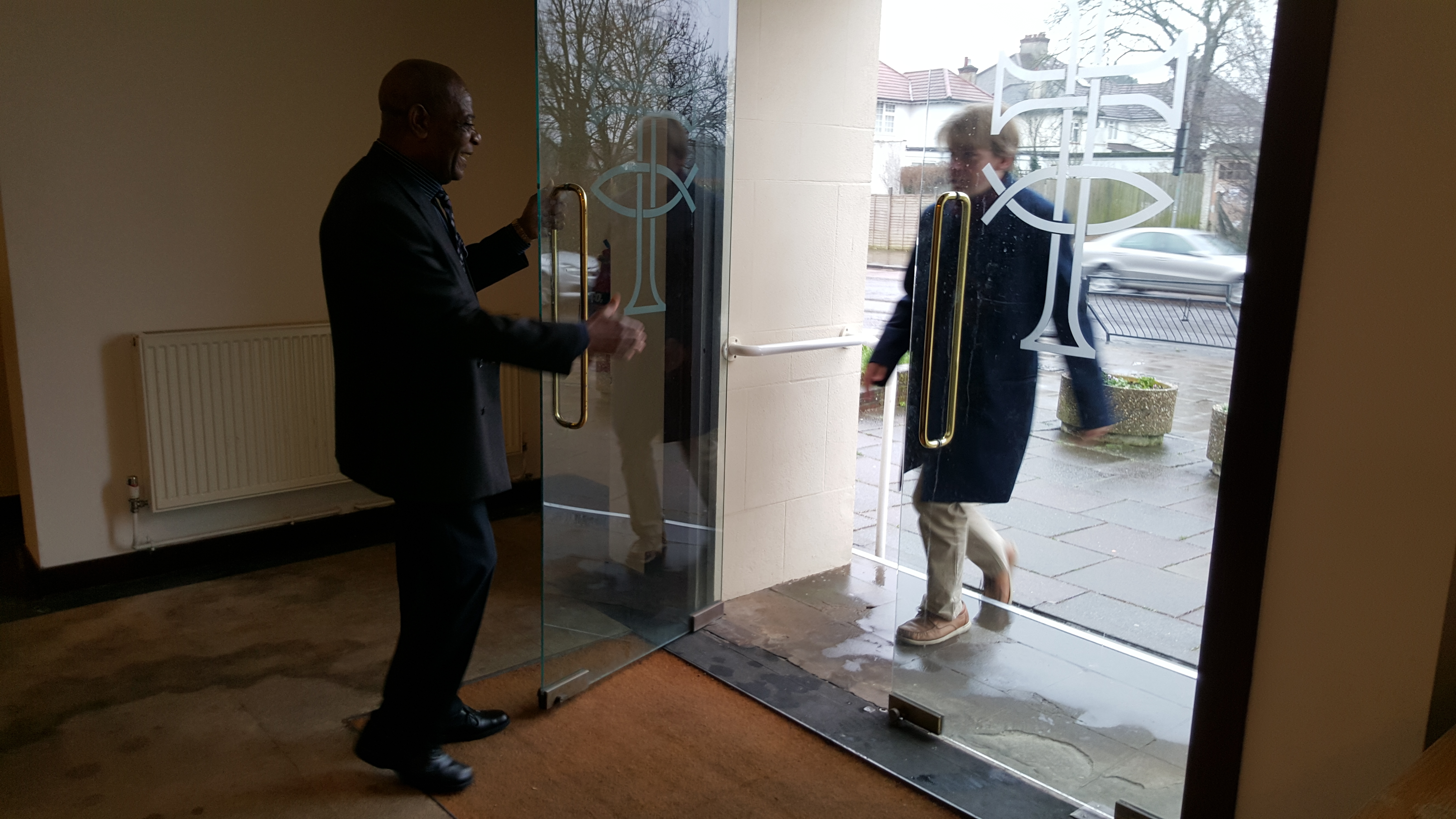Easter Sunday Reflection
Today is the day of resurrection. But to help us think about Easter and what it means, I’d like to take us back a little earlier, to the day before Easter Day. Holy Saturday. What happened on Holy Saturday? Nothing.
Jesus died on a Friday. We know that because all the gospels tell us that the next day was the sabbath. John’s gospel tells us that the Romans particularly wanted all the bodies taken down so they wouldn’t be seen on the Sabbath.
Jesus died just after 3pm. By the time Joseph of Arimathea has been to Pontius Pilate to request the body of Jesus, it is almost evening. The Sabbath begins at sunset. So there is no time for any ceremony, not even for a proper laying out of the body; no time to do anything except wrap the body in cloth, place it in a rock tomb, and close the entrance with a stone.
And that’s it. The women who had been watching, and any disciples that are still around, can do nothing more now until the sabbath is over. For the whole of that day they can’t go out to work; they can’t travel so they can’t meet together; and they can’t visit the tomb to complete the burial and pay their respects to Jesus. On Holy Saturday, they are truly bereft.
One of the sharper thorns of this lockdown is that we can’t be with people we love. We can’t visit when they are ill; we can’t see them in hospital, even when they are dying; and now we can’t attend the funeral unless we are immediate family. Many families know only too well the experience of Holy Saturday, and there will be many more to come. This year, in our time of waiting, we might all understand Holy Saturday a little better. This year, we feel for these followers of Jesus, who know they have lost everything that meant anything, and who can now do nothing.
…
Let us pray
God of new life,
We hold before you the Easter Saturday parts of ourselves:
Those aspects of our lives we keep hidden through shame;
The talents we leave unnurtured, the kindness we fail to share,
The careless words and selfish thoughts that leave us dead inside.
Holy God,
Work in our lives with the power of your forgiveness.
Lift us from our dullness, set us on our feet and breathe into us healing and light
So that we may serve you with renewed energy and love.
We pray in the name of Jesus Christ.
Amen.
But while human beings seem able to do nothing, God is still at work. Let’s hear our bible reading.
Bible reading Matthew 28:1-10
Early on the Sunday morning, the Sabbath is over, the night is over, the women go to do what they have been waiting all this time to do, to complete the proper burial for Jesus. They go in sorrow, and are met with chaos. There’s an earthquake, and an angel, the armed guard posted at the tomb to prevent grave-robbers are struck down in shock – and the body has gone.
The women are stunned. Baffled. All this, on top of the unspeakably awful events of the crucifixion. Will this horror never end?
The angel tells them that Jesus is risen. And while they are still processing this news – can it really be true? – they meet Jesus himself.
It was a time of such bewilderment, such rapid adjustment. It took time to sink in. And even then, the risen Jesus was not the same as the earthly Jesus; sometimes his disciples didn’t recognise him, at least at first. The new life in Jesus was not a return to the way things were; it was a whole new chapter of life for him and for the disciples.
There are a couple of things we might draw out of the Easter story this year.
First, we shouldn’t be surprised that the work of resurrection, whatever that was, happened over the sabbath. Sabbath was ordained as a time, not necessarily for idleness, but for a break from everyday routine; a break from life as normal; a break from what we know and control, so that God can break in. It’s a time when new things can come into being.
In our current lockdown, there are some people who find themselves with too much time to fill, and others who are rushed off their feet. But for all of us, it is a time that breaks with the normal patterns of life – and while that can be disconcerting, and in some cases cause real hardship, it can also be the very time when God is at work.
And the second thing is the idea that the new thing that God is bringing is not the same as the old. I read this week a report from a woman in Wuhan, in China, where they have just lifted some of the coronavirus restrictions. She said, she and her friends had imagined that this restored freedom would be a time of joy and celebration, and they would rush back into their old lives with renewed vigour and enthusiasm. But when it happened, she found it was not like that at all. After 3 months indoors. It felt strange to go out and socialise; she had become used to doing her teaching online; she was going to take her time to adjust.
The disciples took time to adjust to the presence of the risen Jesus, to work out what it meant for them. Their life was going to be very different; they were in leadership now; they would never go back to the way things were.
We don’t know when lockdown will end but we know that it will. We will be out and about again; we will meet for worship in person again. And maybe, in these strange days, we can find time to see where God is at work in us; to ask what God is wanting us to pick up, and what we might now leave behind.
Because Resurrection, above all, means hope. We already see signs of new life in amazing acts of dedication and generosity. Today we have the gift of Easter hope, to see us through these times, and lead us to new life that is richer, deeper and closer to God.
Revd Sue McCoan
12th April 2020








